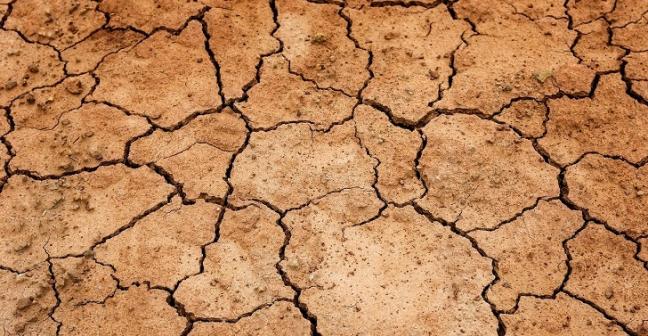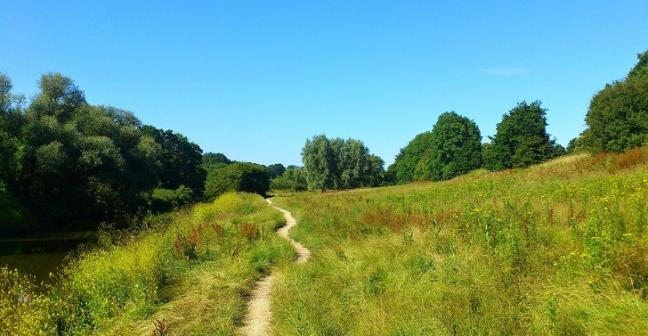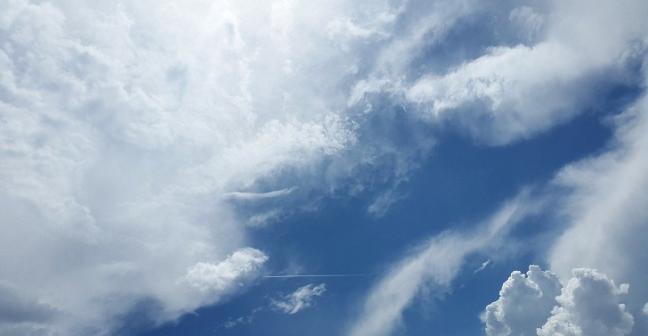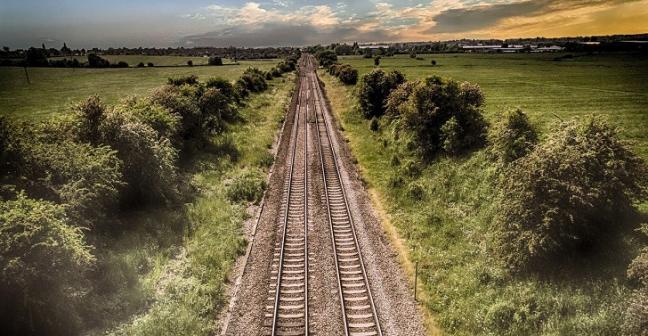SuRF-UK is the United Kingdom’s Sustainable Remediation Forum – an initiative set up to progress the UK understanding of sustainable remediation. The process of identifying sustainable remediation is defined by SuRF-UK as “the practice of demonstrating, in terms of environmental, economic and...
Webinars content
The nature crisis is as critical as the climate crisis. Both exacerbates the other and both need to be tackled simultaneously to be effective. However this requires investment at a mass scale to make the UK wilder for people and for wildlife which will lock up carbon for future...
Millions of people in the UK live in areas where levels of pollution are very high and could be damaging their health. In 2019, NO2 legal limits were breached in 75% of air quality reporting zones (33 out of 43). Likewise, in 2018, 115 out of 317 local authorities (36%) had unsafe levels of fine...
The saying 'a picture paints a thousand words’ first appeared in a 1911 newspaper article quoting Arthur Brisbane’s discussion of journalism and publicity, so why – over 100 years on, in the age of mobile phones that can instantly show you local traffic movements, weather, and air pollution...
This IAQM webinar explores the impact of train travel on air quality and covers how the RSSB and Network Rail are leading the rail industry’s efforts to understand and improve air quality. Overall rail emissions may be relatively minor, but these could be significant at a local...
Urban green infrastructure could make significant contributions to physical, psychological, social, and economic determinants of public health. Physical, cognitive, emotional, social, cultural, and biological pathways have been suggested that directly and indirectly link green infrastructure and...






